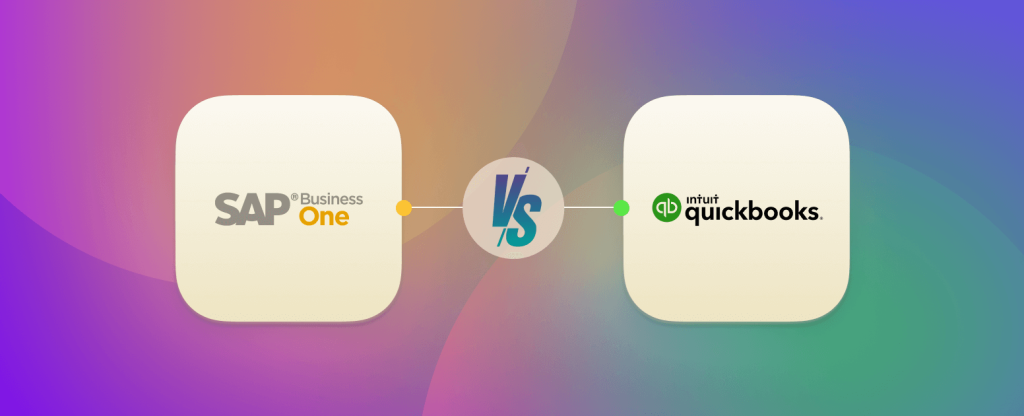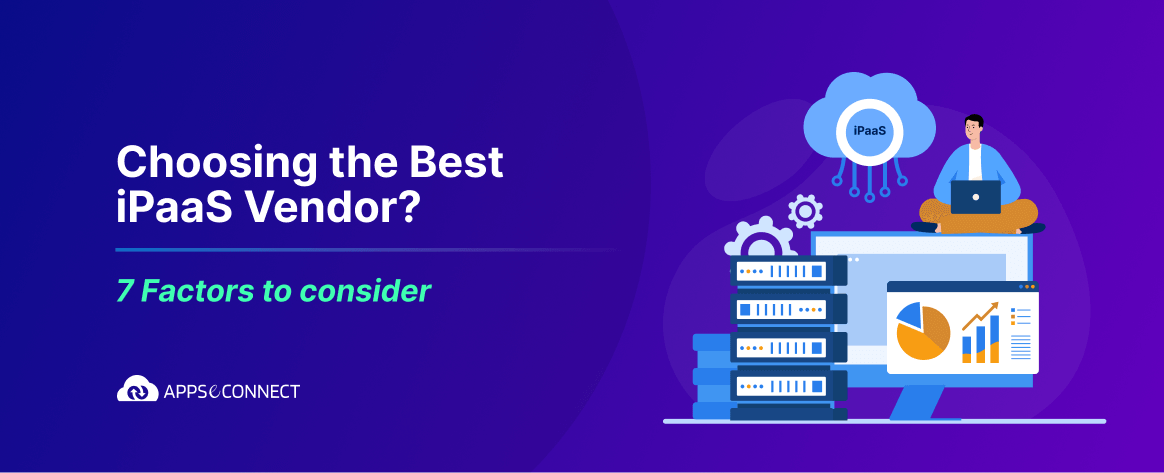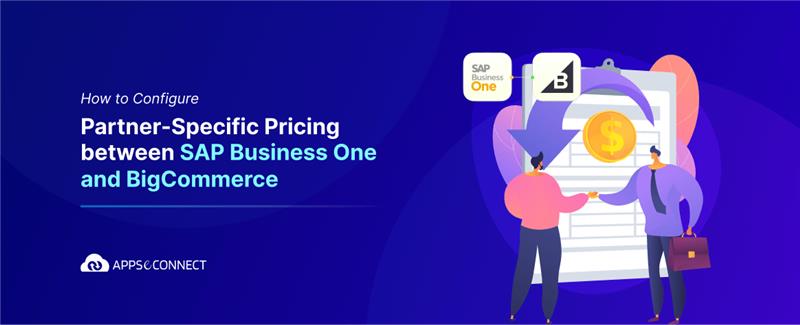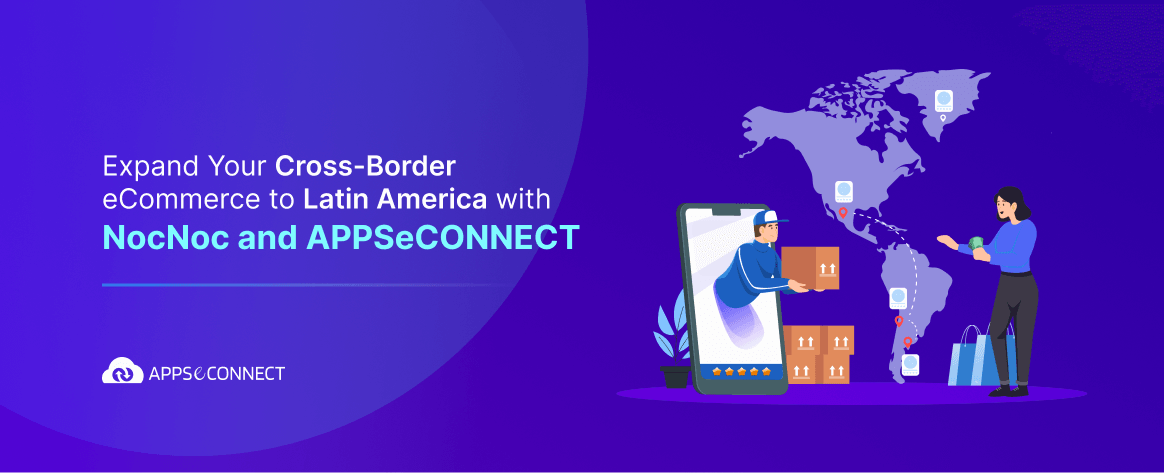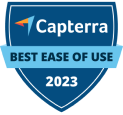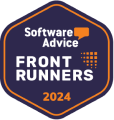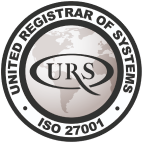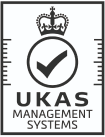QuickBooks is one of the most widely used and popular accounting software in North America, with over 2.2 million businesses trusting its capabilities for their financial data management, through on-premises or cloud installations. Its widespread adoption is attributed to the user-friendly interface and the functionalities it offers to all kinds of SMBs. One standout feature that QuickBooks boasts about is the ability to seamlessly integrate multiple bank accounts into the business lineup, allowing for automatic import and categorization of transaction details. This convenience has made QuickBooks a favored choice for small and medium-sized enterprises to manage and streamline their financial operations. However, despite its ease of use, effectiveness and appeal, an increasing number of growing businesses are exhausting QuickBooks and are making a shift to SAP Business One. Addressing the SAP Business One vs QuickBooks question is perhaps the number one priority for businesses who want to employ a robust and scalable solution for their ever-evolving business needs.
With this shift taking deeper roots day by day, SAP Business One has become the undisputed need for businesses all around the globe. In this detailed article, we will dive deep into and discuss the factors fueling this shift and explore the key reasons why organizations that have outgrown QuickBooks should seriously consider evaluating SAP Business One.
What Made QuickBooks So Popular?
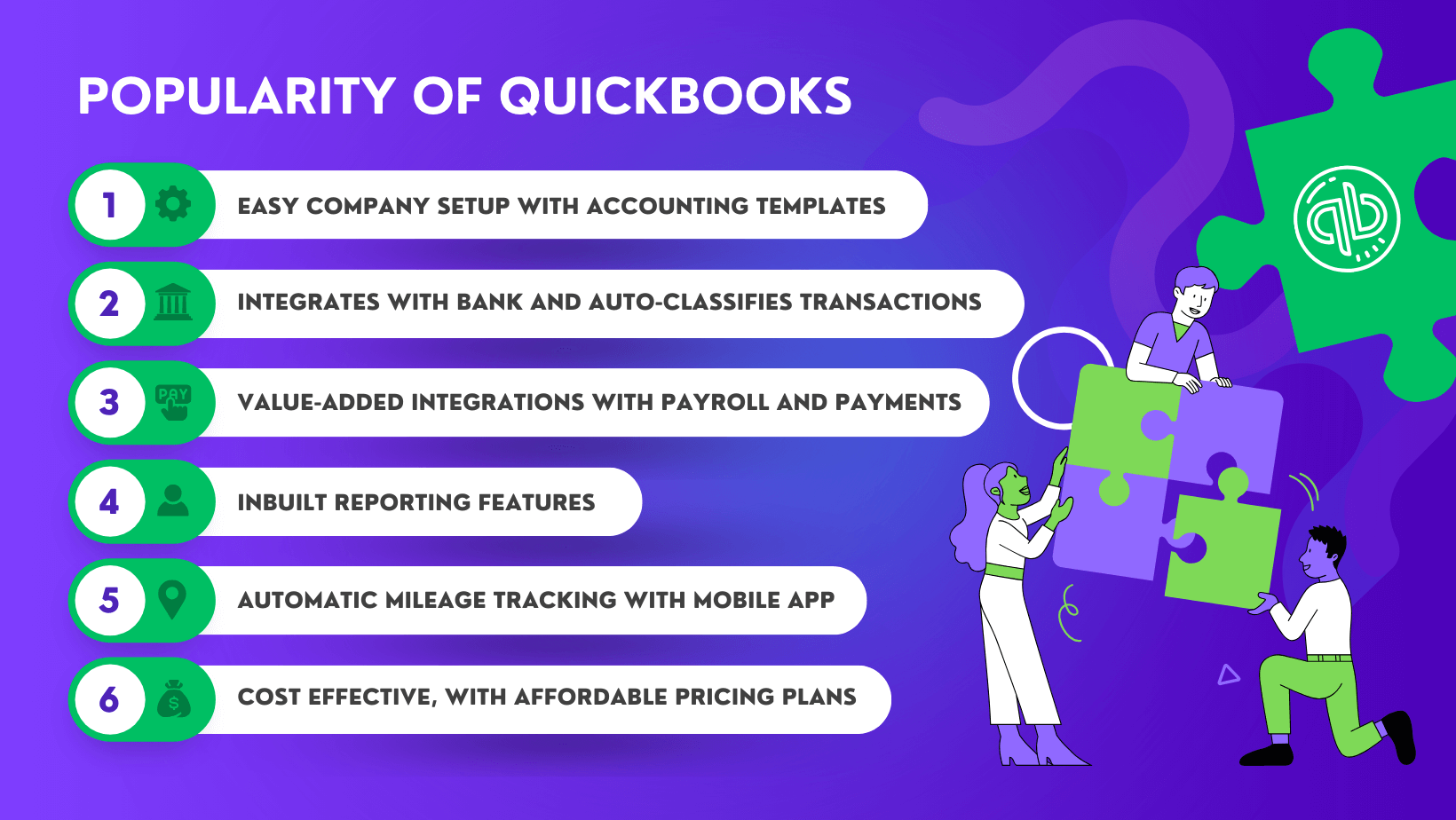
QuickBooks has been one of the most popular accounting software for small businesses over the years, with over $ 29 million in such businesses pertaining from the USA alone [Source: Fourlane.com]. Its ease of setup, user-centric approach and ready integrations provide exceptional value to organizations trying to move on from manual operations and streamline their bookkeeping and payroll processes. QuickBooks boasts a staggering 80% market share in the small businesses accounting category and its success has set a benchmark for other platforms to aspire to. [Source: Business DIT]
Once we know what QuickBooks has offered, it will be clear why it has been so popular among its users. Following are some of the key factors that contribute to the widespread use and appeal of QuickBooks:
| Feature/Criteria | QuickBooks | SAP Business One |
| Target Audience | Startups and small businesses | Small to mid-sized growing businesses |
| Scalability | Limited scalability | Highly scalable with advanced features |
| GAAP Compliance | Limited compliance | Fully GAAP compliant |
| User Access & Roles | Basic user access | Role-based access with user-level control |
| Reporting Capabilities | Basic reporting | Advanced, customizable reporting and analytics |
| Inventory Management | Limited features | Advanced inventory management and warehouse integration |
| Integration Capabilities | Few native integrations | Extensive integration capabilities with third-party apps and platforms |
| Business Process Automation | Limited automation | End-to-end business process automation |
| Deployment Options | Mostly cloud-based | Available both on-premise and cloud |
| Customization | Very limited | Highly customizable to suit specific business needs |
| Cost Efficiency at Scale | Becomes costly with scale | Cost-effective as business complexity grows |
| Best Use Case | Simple accounting and bookkeeping | Comprehensive ERP for integrated business management |
Easy Company Setup with Accounting Templates
Setting up QuickBooks is extremely simple and requires only 30 minutes to get started! Thanks to its guided step-by-step process, even entrepreneurs and C-level employees with no accounting or financial expertise can deploy and start using the platform. Known for its user-friendly interface and simplicity in handling intricate financial data, QuickBooks rapidly became the ideal choice for small and mid-sized businesses lacking extensive accounting know-how.
Bank Integration with Automatic Classification
When working with financial data, it is extremely crucial for any organization to maintain seamless and scalable integrations with all the associated banks to build a secure and connected financial management system. With its in-built integration with banks and its ability to auto-classify transactions, QuickBooks can effortlessly retrieve desired transactions from the bank accounts, categorize them automatically and submit them for further approval, thus, removing all manual efforts required in the process, making it faster, smoother and error-free for the organization.
Value-added Integrations with Payroll and Payments
Another standout feature that QuickBooks boasts about is its ability to easily integrate with its own Payroll and Payment systems, simplifying the operations of small business owners and employees. With the help of these value-added integrations, QuickBooks users can start managing their financial data from day one without any technical expertise or hassle. This integration allows businesses to efficiently handle payroll, payment processing and other financial tasks within the QuickBooks ecosystem, making it a one-stop solution for all the financial and accounting management requirements of the organization. This not only saves time for the employees but also reduces the learning curve to understand a new platform, making itself one of the choicest accounting platforms for businesses aiming to streamline their financial operations.
Inbuilt Reporting Features
QuickBooks offers a comprehensive range of analytics tools and essential reports tailored to the needs of small and mid-sized businesses. By leveraging the up-to-date transaction classification and accurate financial data, companies can effortlessly generate vital documents on-demand including their balance sheet, Profit & Loss Statement, monthly statements, etc. These built-in reporting features empower businesses to access and manage crucial financial and accounting documentation on the go, improving the ability to make informed decisions and efficiently sustain their financial health.
Automatic Mileage Tracking with Mobile App
Delivering within the deadline is paramount to any organization, but it is equally important to gauge the ROI involved in delivering each order. Businesses use multiple carrier partners to get orders delivered on time and it is crucial for them to calculate pricing down to the last penny. With QuickBooks, businesses can track mileage and manage vehicle expenses when making deliveries. By using the QuickBooks app, which is very handy and intuitive, businesses can automatically track miles driven by the drivers, evaluate the expenses and calculate tax deductions for further processing. Whether the drivers are part-time, full-time or occasional, automatic mileage tracking has proven to be one of the largest tax deductions for small and mid-sized organizations. This not only streamlines the delivery process but also maximizes cost-efficiency for the business.
Cost-Effective Solution
Businesses that employ tools like QuickBooks do not want to incur too much cost in managing these solutions. Offering a range of affordable pricing plans, QuickBooks swiftly became highly accessible to businesses of all sizes over the years. This cost-effectiveness proved to be one of the major motivators for small businesses to adopt QuickBooks to manage and streamline their accounting and financial data.
When Do You Upgrade to SAP Business One
Having mentioned all these factors for QuickBooks, one might think it is the perfect solution for their small business. However, that is not the case since growing businesses quickly outgrow QuickBooks. Let us now dive deep into a business example to identify when the value proposition for QuickBooks might diminish and it is time for organizations to upgrade to SAP Business One ERP.
A QuickBooks to SAP Migration Case Study
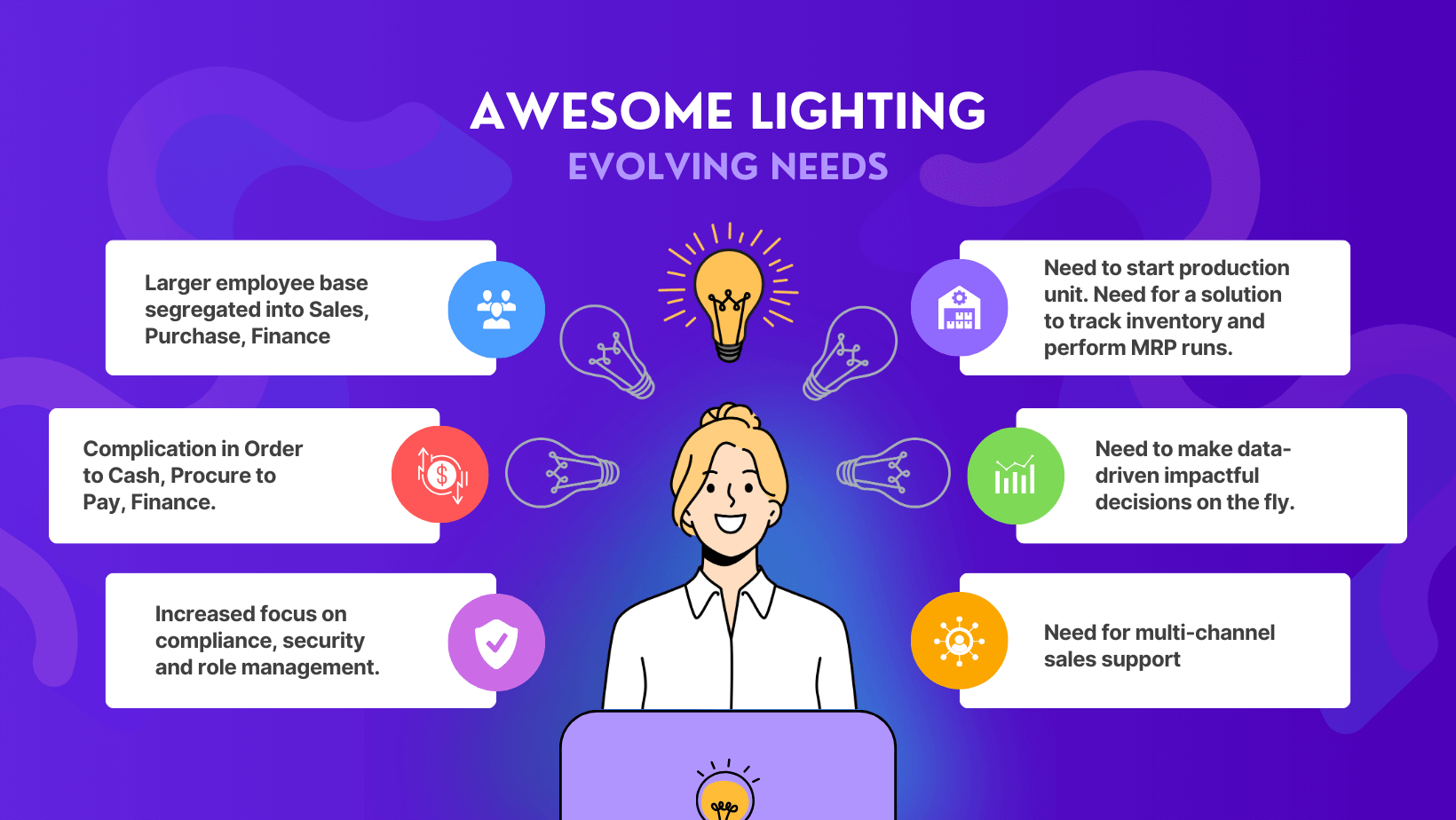
Founded by Luis Delgado in Miami, Florida, Awesome Lighting LLC began its humble journey as a small business, primarily relying on QuickBooks for all its accounting needs. Being a trading company, it specialized in the import and sales of light bulbs from overseas.
Fueled by their dedication to deliver quality, the company implemented a robust quality check process, which propelled them to rapid success, particularly with their innovative Alexa-controlled smart bulbs. As the business started to grow, Awesome Lighting proudly employed a team of 25 dedicated individuals working across the Sales, Purchase and Finance departments. While the Finance team efficiently utilizes QuickBooks, it soon became evident that the solution was falling short of meeting the evolving requirements of the Sales and Purchase teams.
Luis, the driving force behind Awesome Lighting LLC, envisioned a transformed future, a more streamlined future. His aim was to empower the Sales team with a comprehensive suite of tools, strategies and insights that would facilitate diligent prospect tracking, opportunity management, quote generation and efficient order cycle oversight. A crucial part of his vision also included customer categorization into groups and the establishment of corresponding price lists. His ultimate objective was to encourage and equip his sales team members to quote with confidence and secure a higher number of successful deals.
The Purchase team was also in search of a solution that would enhance their operations and effectively manage purchases, vendor payment processes and inventory management. In several discussions, Luis often found himself having to make quick decisions, such as approving customer-specific discounts or evaluating overhead logistics expenses. Due to the urgency of the situations, these decisions were based more on intuition than on data, but Luis quickly recognized that the approach was not scalable and that he needed a data-driven decision-making process in the future.
With a growing business, Luis planned to open up a manufacturing unit in Florida. He realized he needed a comprehensive solution capable of tracking production costs, performing MRP (Material Requirement Planning) runs, and much more, in order to achieve strategic expansion.
It was at this pivotal moment that Luis realized that QuickBooks was no longer sufficient and capable of supporting him in the next phase of his company’s journey. That was the time when SAP Business One emerged as the leading contender against QuickBooks, designed to fulfill the dynamic and evolving business requirements of Awesome Lighting LLC.
Top Reasons Why Companies Upgrade to SAP Business One from QuickBooks
We know that QuickBooks is a great platform for small businesses to help manage their accounting and financial needs, but now it is evident how easily growing businesses can outgrow QuickBooks and might need a capable and scalable ERP such as SAP Business One. The following are some key factors that drive businesses to upgrade to SAP Business One from QuickBooks.
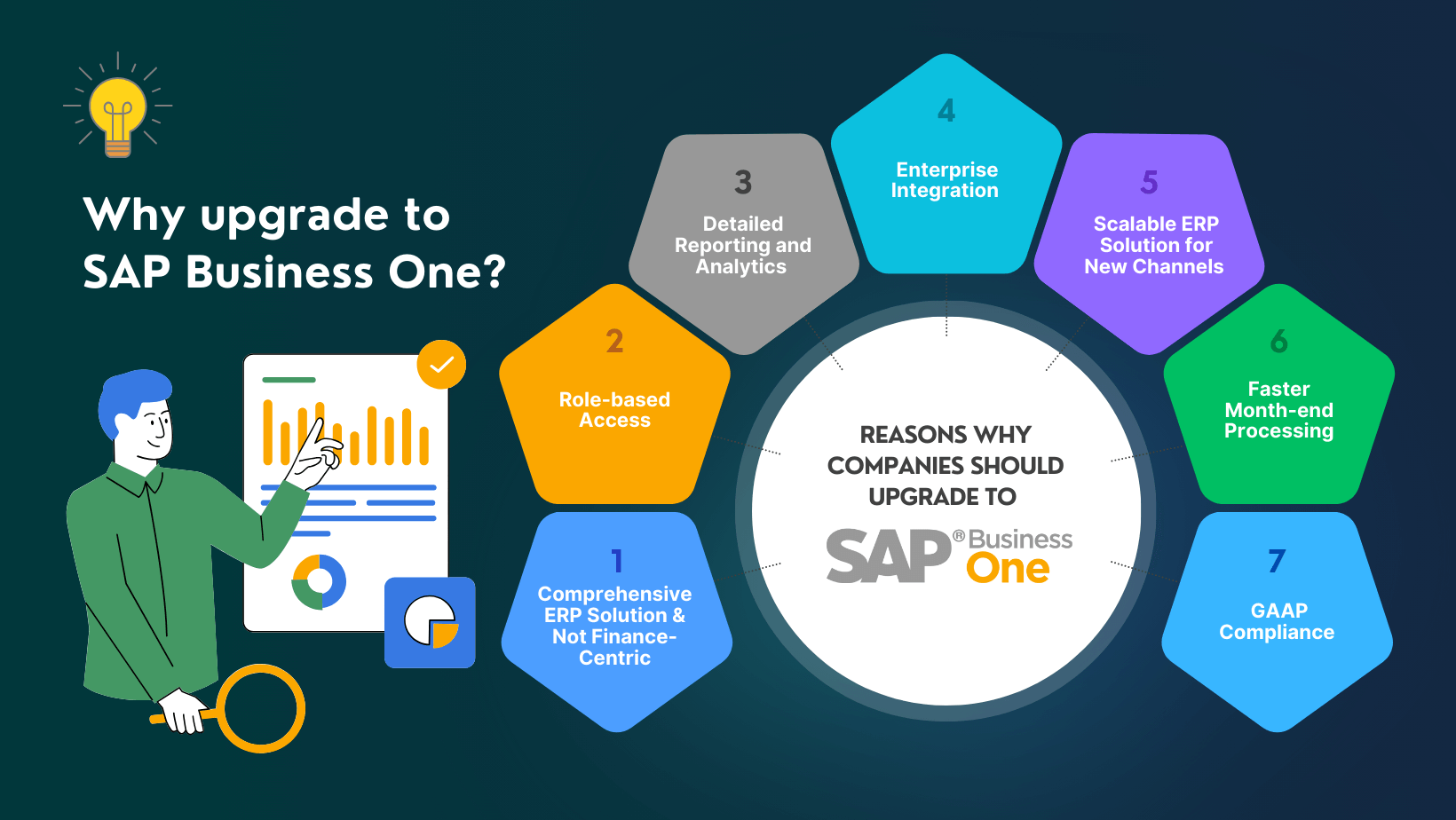
Comprehensive ERP Solution & Not Finance-centric
SAP Business One, one of the most successful Enterprise Resource Planning platforms, is an all-encompassing ERP that offers an array of essential business features and functionalities catering to crucial business operations such as Sales, Materials Management, Production, Inventory Management, and Finance. With these modules and capabilities, SAP Business One provides businesses with a 360-degree approach to manage and streamline all the key aspects of their processes and operations. This comprehensive ERP software ensures that organizations can effectively handle the various departments of the company, empowering them to optimize the overall business cycle to achieve greater success.
Role-based Access
Enabling platform and data access based on user roles is extremely easy with SAP Business One. With its seamless and effortless process of controlling user access permissions and ensuring the right level of access for each employee, SAP Business One empowers its users and organizations by preventing misplacement and loss of sensitive information and offering a more secure and efficient data management solution.
GAAP Compliance
As a business grows and expands, the need for ensuring compliance with the Generally Accepted Accounting Principles (GAAP) rises exponentially. SAP Business One equips businesses with the essential resources and functionalities to stay aligned with the legal requirements and accounting principles of GAAP, mandated by the law. This helps organizations safeguard themselves against potential legal issues or unnecessary financial discrepancies.
The need for this compliance becomes even more vital when a business extends its operations across various geographical regions and faces complications such as country-specific accounting practices and regulations, complex financial reporting and extensive compliance efforts. With SAP Business One, businesses can seamlessly unify complex financial processes and ensure consistency in adhering to the GAAP standards across the global landscape, ultimately being able to maintain the utmost financial transparency, accuracy and compliance.
Advanced Reporting and Analytics
SAP Business One, powered by the powerful HANA database, boasts an enhanced suite of capabilities for reporting, data analytics, profitability analysis, and much more. These capabilities are aimed at enabling business leaders to base their decisions on data-driven insights, rather than handling multiple spreadsheets across the organization. By leveraging an ERP solution over QuickBooks, business professionals can dive deeper into their data and understand the various aspects of operations, including profitability and performance. The use of SAP Business One as an ERP streamlines the way data is managed in an organization, ultimately leading to improved operational efficiency and informed decision-making.
Ability for Enterprise Integration
SAP Business One excels at offering seamless enterprise integration for businesses, particularly for those demanding advanced features like Electronic Data Interchange (EDI) for order processing or the ability to integrate their systems with prominent online marketplaces such as Amazon or eBay. Its ability to offer a coherent and reliable platform to effortlessly integrate various business processes, systems and marketplaces positions SAP Business One as a top-tier ERP solution for growing businesses. This ability streamlines all the operations by automating order processing, synchronizing inventory management and facilitating better communication in a connected, digital ecosystem. By employing SAP Business One, organizations can seek to harness the advantages of integrated and automated business processes and tap into the vast potential of the online market, while maintaining control over their operations.
Looking to get started with SAP integration to automate the business operations in your organization? Seamlessly integrate and automate your ERP with other applications under a single, intelligent, and secure Business Process Automation platform through APPSeCONNECT’s robust integration packages and achieve exponential business growth.
Faster Month-end Processing
As businesses grow and expand, the complexity of their operations becomes more intricate, rendering the month-end closing processes critical and a challenging task. Efficient management of payment terms and implementing the Dunning Process are essential features to ensure timely payments. QuickBooks, while effective in many accounting tasks, cannot offer the necessary features and functionalities to handle such advanced financial processes efficiently, and lacks the platform capability to support businesses further. As a result, these organizations seek comprehensive solutions like SAP ERP to streamline their month-end processes and manage payments in the face of heightened complexity.
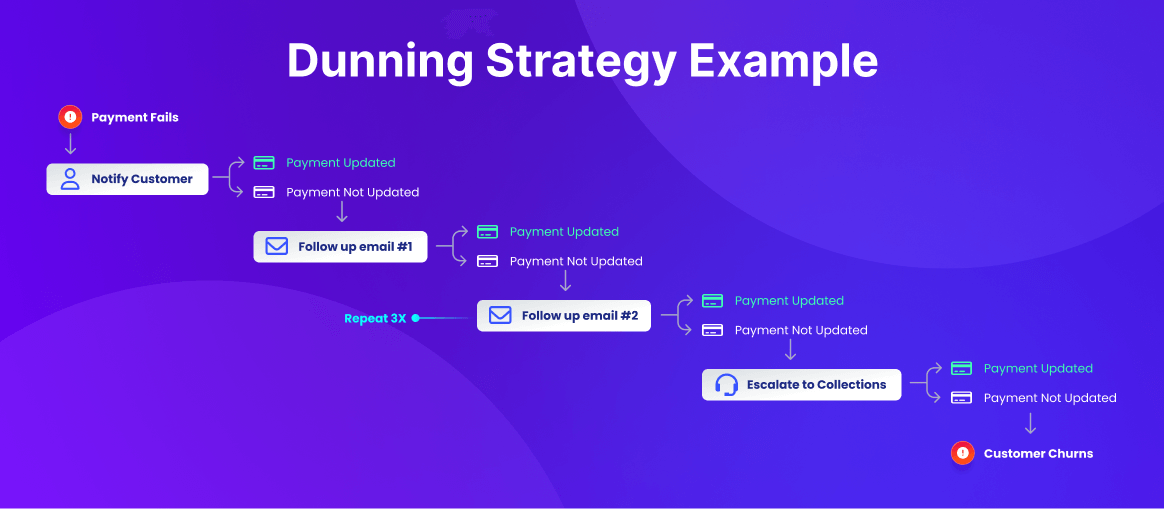
Scalable Solution for New Channels
With perpetual growth, it becomes imperative for businesses to expand into new channels such as eCommerce and marketplaces like eBay, Amazon, Walmart, etc. The implementation of a robust ERP system forms the cornerstone for this expansion by supporting the business in any way needed. This is where SAP Business One emerges as a vital player – by harnessing the capabilities of SAP Business One, powered by the HANA database, organizations can efficiently manage extensive databases while elevating the quality of their operations. This ERP software provides the organization with the scalability and flexibility required to handle increased data volumes sourced from diverse sales channels and finally empowers businesses to grow and succeed in the ever-changing landscape of modern business.
SAP Business One – One of the Largest Install Base
Now that we know why businesses tend to shift from QuickBooks to SAP, it is clearly evident that SAP ERP is the choice of the hour for growing and expanding organizations. According to the discussions in SAP SMB Innovation Summit, 2023, Panama, SAP Business One is one of the most successful, powerful and feature-rich ERP systems for SMBs around the world with a staggering 75000 customers. With over 850 VARs offering SAP Business One and such a large user base, SAP is registering growth at around 10% YoY for Business One. The following are some of the key reasons why SAP Business One is so popular in the SMB segment.
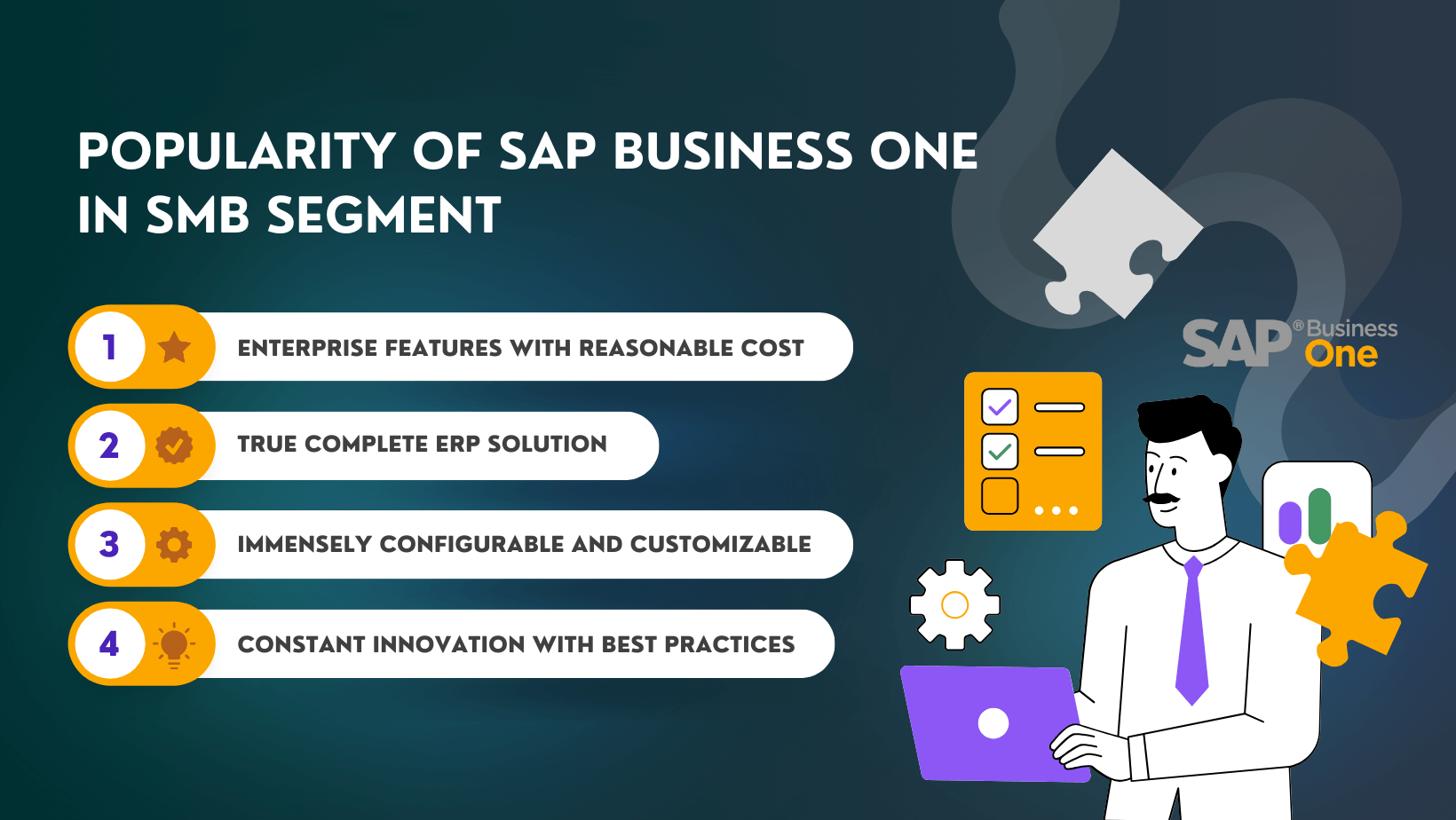
Enterprise ERP with Reasonable Cost
SAP Business One, among all others, is the most cost-effective ERP solution from SAP, designed to cater to various business needs. The pricing for this solution starts from $99 per user per month for limited users and $132 per user per month for a professional license. [Source: TrustRadius]
A True Complete ERP
SAP Business One stands out as one of the most competent and powerful platforms for businesses around the globe. It offers mature features and functionalities to automate and streamline processes for MRP, HR, Sales, Production, Inventory Management, Purchase, Service and Project modules, allowing businesses to focus more on building strategies and executing them, rather than maintaining and struggling with complex processes and unnecessary data.
Highly Configurable and Customizable
SAP Business One is built for organizations of all sizes and complexity and can be easily tailored to align with the specific business requirements of each. With its ability to personalize the platform, businesses can churn out desired advantages and work with business-related data that is absolutely important to them.
Innovation with Best Practices
SAP Business One has demonstrated its proficiency by implementing its solution across various geographical regions and market segments, emerging as a leader in all of them. By leveraging the robust features provided by SAP Business One, organizations inherently align with industry-leading best practices and gain exponential success. This strategic alignment not only ensures optimal adherence to the established standards but also enables organizations to fully capitalize on the benefits of the ERP software.
Other Popular ERP solutions for SMBs

The arena of ERP for mid-sized customers is a very fragmented market at the moment. With various other solutions offering features, it does a good eye and keen analysis in choosing the appropriate platform for any business. Following are the names of some of the prominent players in the ERP market:
Microsoft Dynamics 365 Suite
This solution offers a range of ERP applications tailored to specific industries and business sizes. It is equipped with cutting-edge functionalities such as advanced AI-driven insights and predictive analysis. Explore our Dynamics Business Central integration here.
Acumatica
As a cloud-based ERP, Acumatica offers a vast array of functionalities spanning from Finance and Accounting to Supply Chain Management to Customer Relationship Management and much more. Known for its affordable pricing plans and scalability, it is a versatile choice for any mid-sized business. Explore our Acumatica integrations now!
NetSuite
NetSuite, another highly popular cloud ERP, comes in handy with a comprehensive suite of features and functionalities encompassing finance, procurement, payroll, sales, payments, etc. As a product under the house of Oracle, NetSuite is known for its ease of use and platform flexibility. Explore our NetSuite integrations here.
Infor CloudSuite Industrial (SyteLine)
Tailored specifically for manufacturing and distribution sectors, this solution caters to the unique requirements of businesses with specialized functionalities. Some of these include advanced data planning, data scheduling and rigorous quality control measures.
Priority ERP
Priority is a well-renowned ERP software that offers an extensive range of features covering areas like finance and accounting, sales, supply chain management, production planning capabilities, etc. Standout features for Acumatica include an extremely simple and user-friendly interface and adaptable workflow customizations within the platform. Explore our Priority ERP integrations here.
Conclusion: SAP Business One Vs QuickBooks
Selecting the right ERP solution for any business is a multi-faceted decision and there are several other factors at play that need to be considered, apart from the popularity of the platforms. These factors include the specific business needs of organizations, their budget, the implementation time involved with each platform and the after-sales support offered by the vendor. Careful assessment of these factors is essential to ensure the chosen ERP solution aligns perfectly with the company goals, facilitating seamless transition, necessary support and unparalleled service over time.
One crucial aspect to consider when implementing an ERP is its compatibility with other applications of the business. By enabling seamless integration between the ERP and the other business applications, organizations can ensure a smooth and uninterrupted exchange of data and information across different departments and streamline key business processes.
To sum it up, we keenly examined the benefits of both QuickBooks and SAP Business One, exploring the scenarios where growing businesses may outgrow QuickBooks and seek a comprehensive ERP solution like SAP Business One, a favored choice due to the platform maturity and substantial user base.
At APPSeCONNECT, we are proud SAP Business One partners and work closely with SAP users to seamlessly integrate their SAP applications with other eCommerce, CRM, marketplaces and more. Feel free to explore our ready-made SAP Business One integration packages or schedule a free no no-obligation assessment of your integration needs out here – we are here to support and guide your journey towards a more integrated and efficient business ecosystem.


